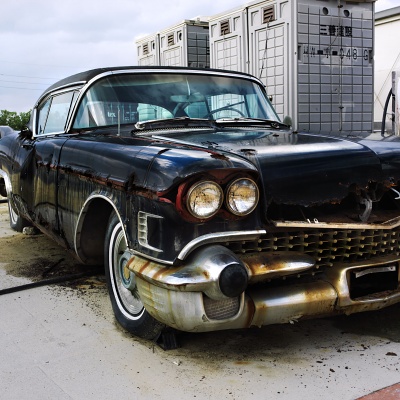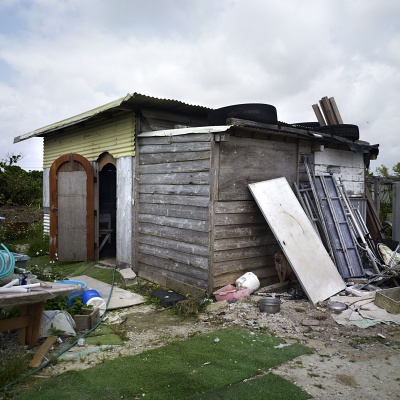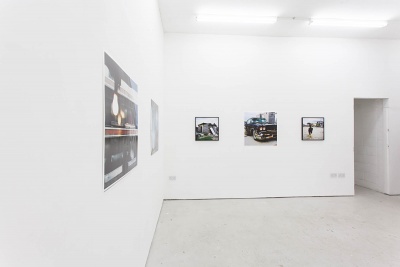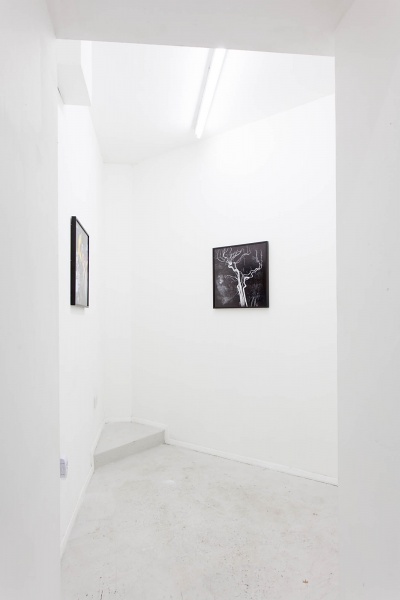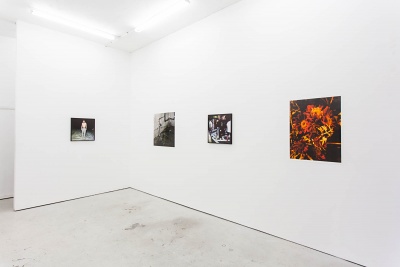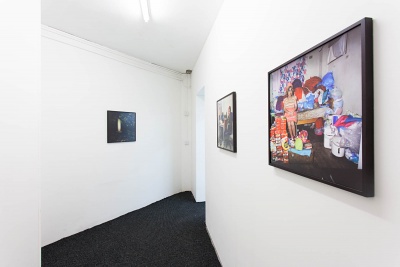Ryuichi Ishikawa:
zkop: a blessing in disguise
12th January – 15th March 2018
Finissage with the artist:
15th March
6-9pm
Yamamoto Keiko Rochaix is pleased to host the very first showing in the UK of works of Ryuichi Ishikawa, an emerging talent in photography. Curated from the 'Okinawan Portraits' and ‘A Grand Polyphony' series which have earned him critical acclaim, ‘zkop: a blessing in disguise' is an ode to the alternative lives in Okinawa, southernmost islands of the Japanese archipelago, and his home turf. The raw and powerful images of the non-mainstream society may make him a god-son of the Japanese photography tradition immortalising underground and counter culture tracing back to after the WWII. Yet, his underlining affection towards the subjects and indeed towards his hometown, is felt even in the darkest of the images, turning his body of work curiously fresh, with underlining youthful optimism.
Universal appeal of Ishikawa’s works lies in the power of image; straightforward, no-nonsense capturing of a real, tangible sections of today’s society. They serve as an anti-thesis in the recent trend of increasingly sophisticated, conceptual renderings of visuals not only in photography but in any media, and they are a powerful reminder of potential of a single raw image. This in turn is a reflection of artist’s words; ‘Reality is always excessive’ (post script by the artist, ‘A Grand Polyphony’). Every image in the show, each of which is a snapshot of a reality, is loaded with emotion, drama, sometimes simply of being, or not being.
image: ZK.076 Yaese, 2014
courtesy the artist and Akaakasha
About the exhibition
Ishikawa photographes nonchalant daily life in Okinawa, the semi-tropical small archipelago far removed from the main islands of Japan, and which was reduced to accept marginal positions the national central power forced upon over centuries. The sense of contained tension, even unbearableness and perpetual rebellious spirit which Ishikawa’s Okinawa emits may have roots in such unique history. Even a shot of red flowers in bloom, ’zk.080 Itoman, 2010’, lets a scent of something nefast and haunting with its presence in the pitch black background. The blank look of a couple in their deprived flat apparently having nothing to do, ‘op.0001420 Naha, 2011’ or a woman wearing pathologically comical makeup sitting on her filthy bed surrounded by mountains of waste, ‘op.000944 Naha 2011’ border insanity and may allude to the suppressed desire to escape the reality. Nonetheless, it is never of an abysmal desperation; Ishikawa’s Okinawa is constantly of hope. It may be that the artist’s unspoken empathy and tenderness to his fellow islanders and to the islands themselves are reflected and translated in the image as unfathomable affection and hope. The photographer is almost always directly in front of his subjects as if to tell them he accepts as they are, and the said couple and the lady look into his camera directly, at ease, confident of his trust, maybe feeling a sense of connection.

